Photo credits: George Bourne for the Beacon Press
“It is character that should be the sole measure of judgment in the society of thinking humanity, and nothing short of that would do” (Naskar, 2018, n.p.).
Racial profiling has been going on for centuries. Today, it is common everywhere. Racial profiling predominantly happens in three main sectors of society: Law enforcement, education, and public facilities. Racial profiling is defined as a discriminatory practice towards an individual based on their ethnicity or race.
An example of racial profiling would include using race to determine what drivers to stop for minor traffic violations. Racial profilers target members of a certain ethnicity to check for immigration papers (ACLU, 2018, n.p.). The causes of racial profiling trace back to slavery-era usages of stereotypes – a widely held but fixed and ostracized image, which categorizes a whole segment of people.
The history of racial profiling dates back over 1,000 years. During the U.S. era of slavery, many African Americans were captive to its immoral. Those who were free had to prove it with registry papers. Freed slaves were subject to racial profiling, particularly in the south. South Carolina had special patrols that hunted for escaped slaves.
These slave-hunting groups accused many blacks of being runaways – only because of the color of their skin. They harassed, interrogated, and physically abused them. One area where racial profiling exists the most today is in law enforcement. Ranjana Natarajan-a clinical professor and director of the Civil Rights Clinic-states:
“The NYPD controversial stop-and-frisk shows similar evidence of racial profiling, with police targeting blacks and Latinos about 85 percent of the time. In nearly nine out of ten searches, police find nothing,” (Natarajan, 2014, n.p.).
The rate of racial profiling among African Americans and Latinos is high based on the statistics. They clearly show that police are targeting certain races and ethnicities. Most of the time, the African Americans and Latinos who are profiled are not guilty.
In other words, they are being stopped because of how they look – not because they committed a crime. Even youths are being profiled by law enforcement.
“Youth of color have been victims of racially motivated bicycling stops. In April 2001, the ACLU joined a suit against Eastpointe, Michigan, representing 21 young African American men who were stopped by the police while riding their bikes there (ACLU, 2018, n.p.).”
This example shows that racial profiling occurs regardless of age.
References
Naskar, A. (2018). Racial Profiling Quotes (16 quotes). https://www.goodreads.com/quotes/tag/racial-profiling
American Civil Liberties Union. (2018). Racial Profiling: Definition https://www.aclu.org/other/racial-profiling-definition
Natarajan, R. (2014). Racial profiling has destroyed public trust in police. The Washington Post. https://www.washington.com/posteverything/wp/2014/12/15/racial-profiling-has-destroyed-public-trust-in-police-cops-

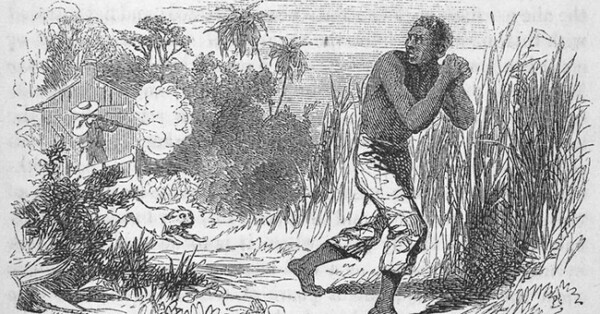



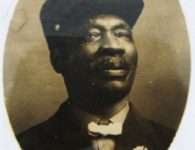
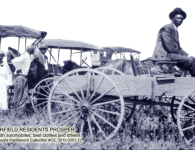


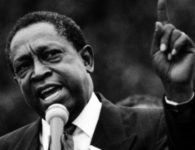



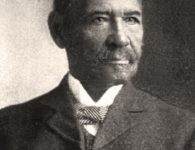
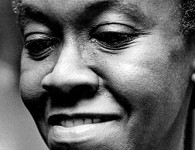

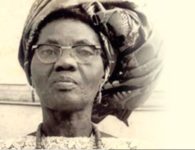

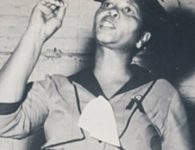
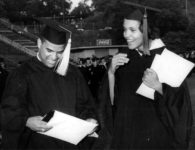

No comments